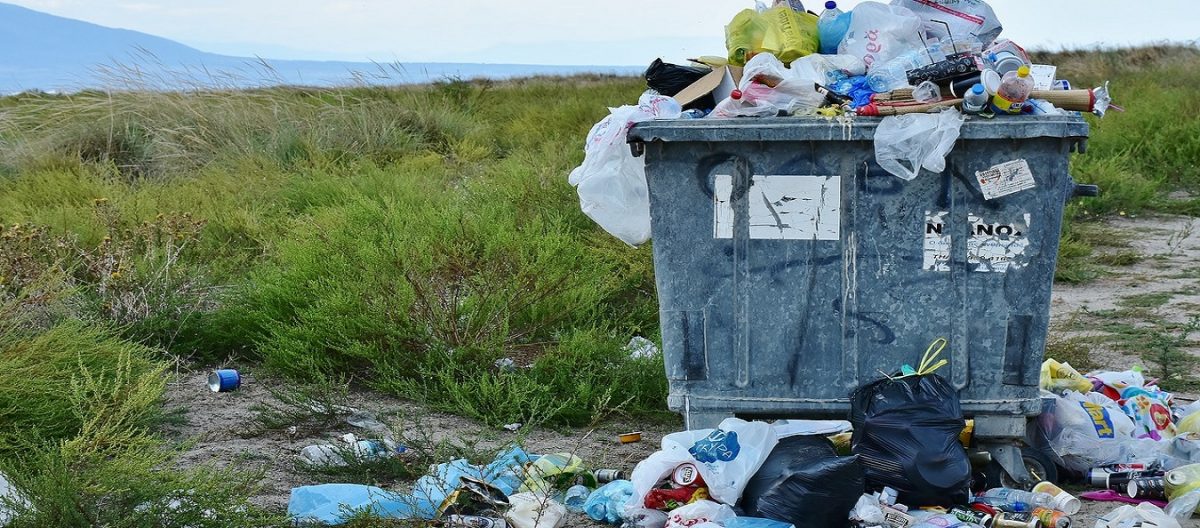There are three main reasons why companies that carry out transport and waste treatment services seek an environmental license.
The first reason is that environmental licensing is the first step for companies carrying out transportation and waste treatment to start their business. It is through the license that these ventures demonstrate the concern with the environment and discover their obligations regarding the adequate environmental control of their activity.
 The second reason is that the Environmental Licensing has become mandatory throughout the national territory since 1981, and the enterprise cannot function without owning the license. The companies that operate without the environmental permission suffer sanctions and punishments, being: warnings, fines, embargoes, temporary or definitive stoppage of activities.
The second reason is that the Environmental Licensing has become mandatory throughout the national territory since 1981, and the enterprise cannot function without owning the license. The companies that operate without the environmental permission suffer sanctions and punishments, being: warnings, fines, embargoes, temporary or definitive stoppage of activities.
The third reason is the requirement of the clients that the partner companies comply with environmental legislation.…

